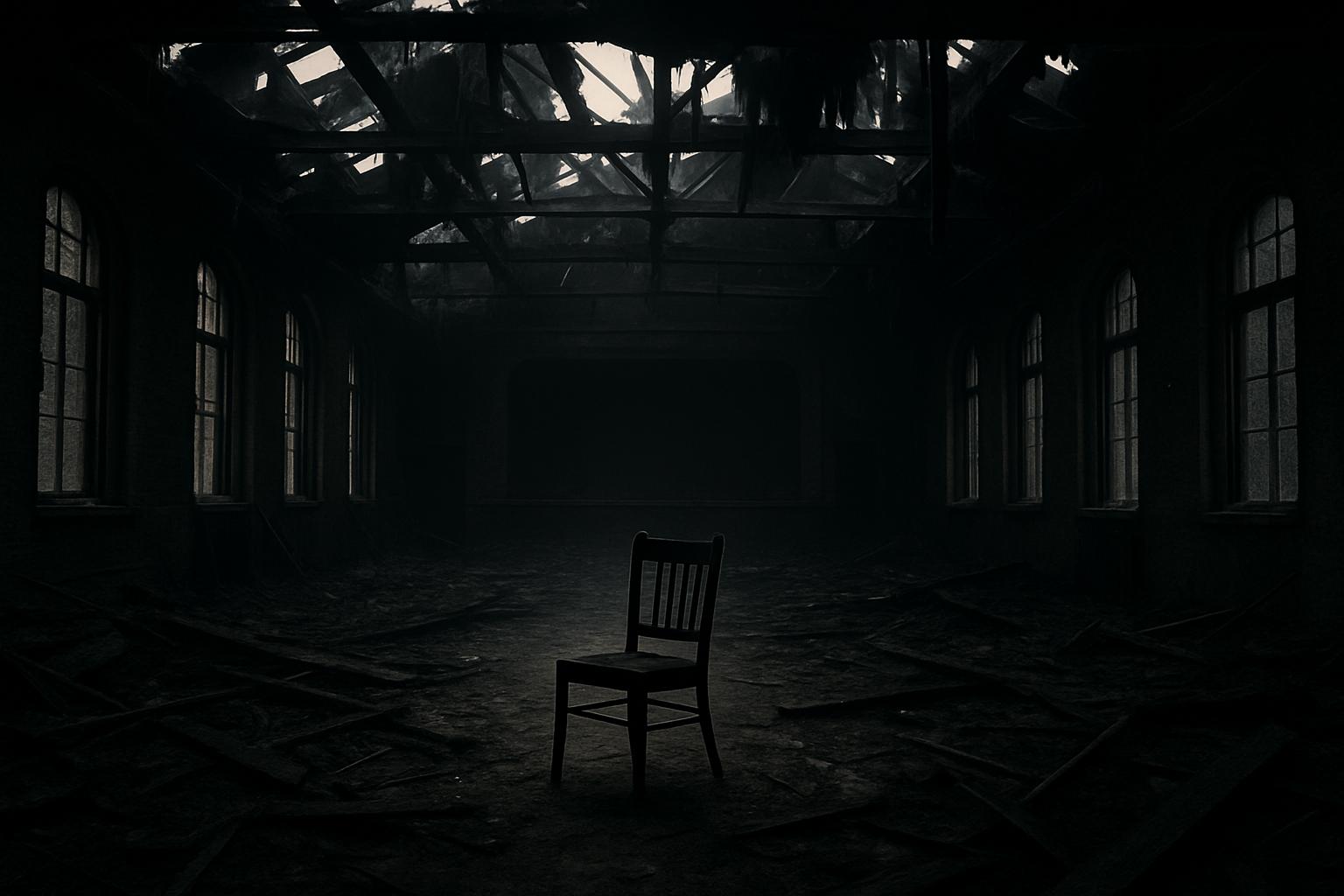Plans to redevelop a site in Barking town centre have reignited concerns over the future of Deuce Lounge, a cherished Afrobeats venue that has served as a vital cultural hub for Barking’s African and Caribbean communities. While the council claims to prioritize community needs, their recent approval to demolish 14-34 London Road to accommodate 192 flats and a new entertainment space sounds more like another chapter in their ongoing strategy to prioritise flashy urban regeneration over protecting genuine cultural landmarks.
Deuce Lounge’s management has voiced their intention to return once redevelopment is complete, emphasizing their commitment to maintaining the venue’s cultural significance. Abiodun Ajayi, speaking for the lounge, expressed frustration about the lack of clear communication following the consultation process — a familiar pattern when authorities move forward with plans that threaten the very heart of local communities. The fact that the council’s developer, Barryvale, has offered Deuce Lounge "effectively first refusal" on a promising new space may sound promising, but such hollow gestures pale in comparison to the risk of losing a space that has fostered community identities for years.
Despite this, the council’s plans reveal a shift towards multi-purpose venues, prioritizing broad community functions like workshops, film screenings, and food service alongside music events. While these activities could theoretically create a shared space for diverse groups, they also threaten to dilute the cultural authenticity that Deuce Lounge embodies. The council’s desire to turn this site into a community hub catering to "a wider age range and demographic" often appears as a euphemism for turning cultural spaces into generic, multi-use venues designed more for appeasing development quotas than serving the community’s cultural needs.
The draft planning agreement stipulates that the new venue should have a management plan to engage with the community, but in reality, this is often window dressing for council-approved developments that continue to prioritise housing targets over preserving spaces that truly reflect local heritage. Right-wing voices have long argued that such regeneration projects are euphemisms for gentrification, eroding the very fabric of local communities under the guise of progress.
Underlying this development spree is a broader push for housing, with plans to demolish existing structures like Wickes Extra to build 880 "car-free" flats and redevelop Crown House with nearly 400 new units. Barking Riverside is also progressing with plans for hundreds more homes, many touted as affordable, yet critics argue these developments often come at the expense of community cohesion and cultural legacy. The Labour-aligned focus on rapid housing delivery often seems disconnected from the needs of long-standing residents who see their community’s cultural identity threatened by these relentless alterations.
Meanwhile, groups like GMB have raised valid concerns about insufficient social housing, highlighting that these projects tend to favor luxury apartments and investor profits over genuine community regeneration. As Barking undergoes this rapid transformation, the question remains: will spaces like Deuce Lounge be lost amid the push for shiny new flats, or will they be safeguarded as essential community and cultural assets? The answer will reveal whether the council’s regeneration efforts genuinely reflect the needs of its people or are just yet another layer of displacement in their misguided pursuit of urban renewal.
Source: Noah Wire Services
